Question And Answer
Publications
Articles, publications, books, tools and multimedia features from the U.S. Institute of Peace provide the latest news, analysis, research findings, practitioner guides and reports, all related to the conflict zones and issues that are at the center of the Institute’s work to prevent and reduce violent conflict.
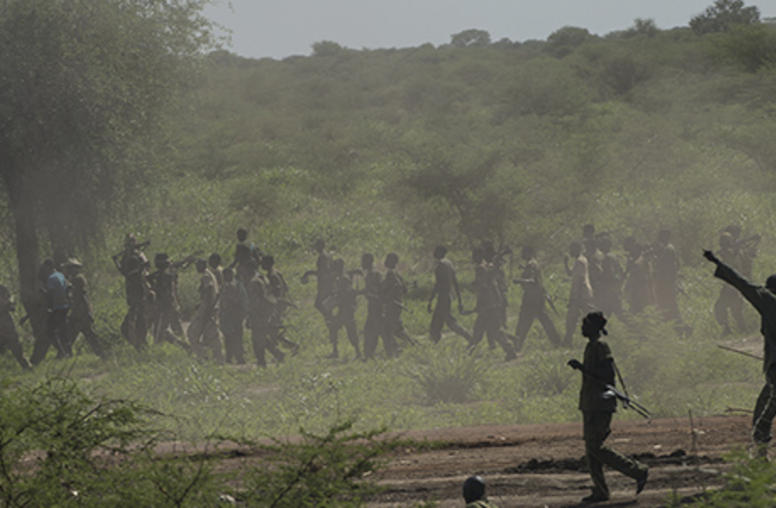
To Save South Sudan, Put it on Life Support
South Sudan marked its fifth anniversary as a state this month not with celebrations but with rival armed factions shooting at each other in the streets of the capital. Several hundred people were killed in less than a week, tens of thousands displaced, and even sacrosanct U.N. camps protecting civilians were attacked. South Sudan ceased to perform even the minimal functions and responsibilities of a sovereign state long ago, and today the likelihood of a larger pogrom and escalating civil war is high.
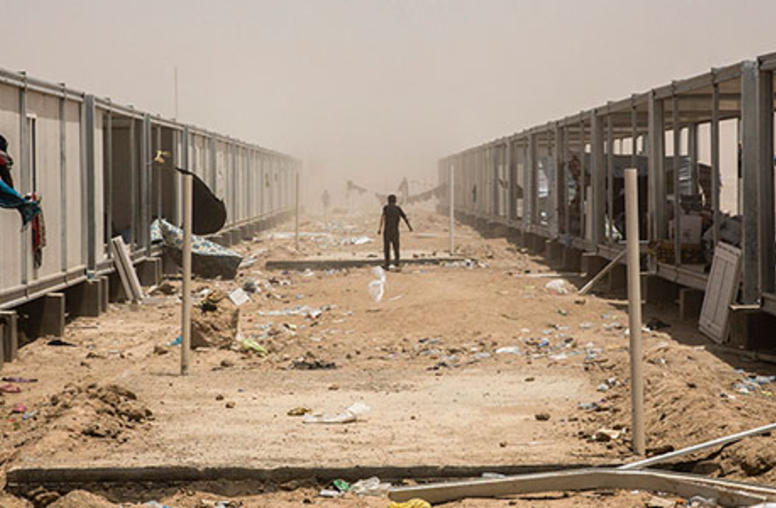
For Iraq’s ISIS Targets, Urgent Need for Aid and Security
The recent U.S. designation of genocide to describe the ISIS extremist group’s killings and persecution of minorities as well as Shia Muslims in Iraq and Syria highlighted the long history of oppression of religious and ethnic groups and the questions looming about whether religious minorities especially can survive in the region, according to USIP Senior Program Officer Sarhang Hamasaeed.

Lindborg Calls Humanitarian Summit a 'Wake-Up Call'
The first-ever World Humanitarian Summit, held this week in Istanbul, should spur political leaders around the globe to recognize that “the world is on fire,” USIP President Nancy Lindborg said. The international community is failing to muster the political will to end the violent conflicts that have ignited the globe’s most dire humanitarian crisis since World War II, she said in interviews at the conference.
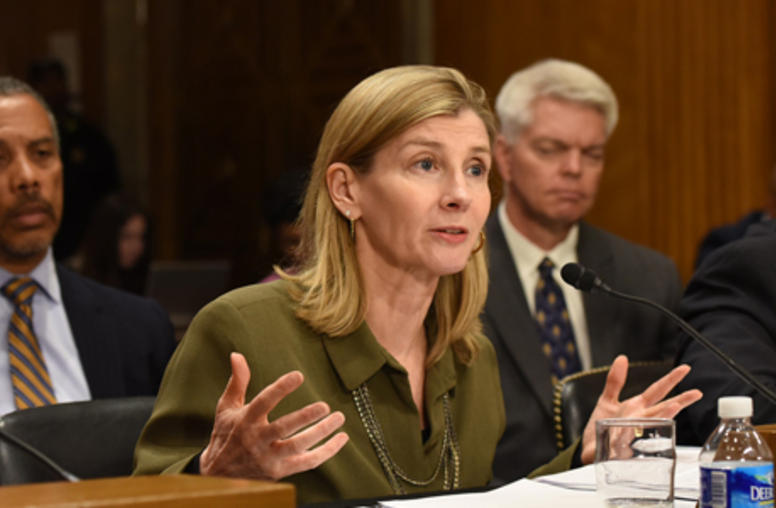
Lindborg Calls for New Approaches to Syrian Refugee Assistance
The Syrian crisis has dramatically increased the urgency to reconsider fundamental approaches to humanitarian assistance, and American leadership and support is vital to developing smarter, more effective and more efficient policies, U.S. Institute of Peace President Nancy Lindborg said in testimony today before the Senate Foreign Relations Committee.
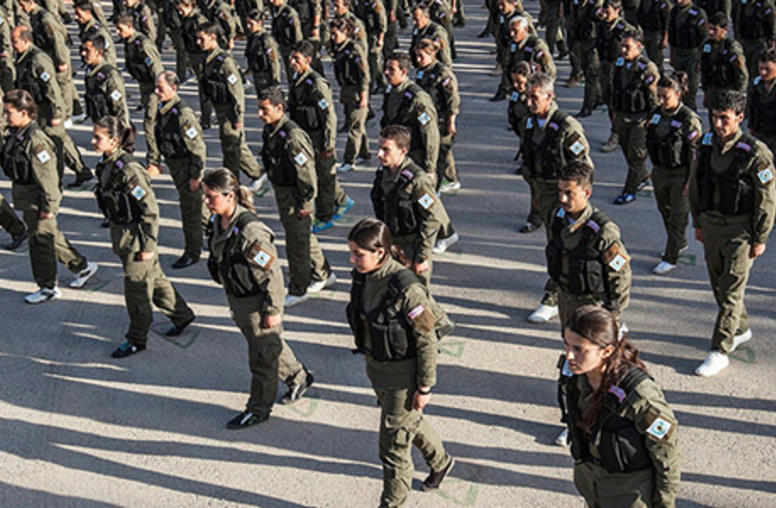
Middle East Security Suffers for Absence of Women
In the violent conflict tearing across the Middle East and North Africa, fully half of the pieces needed to complete the security puzzle may be missing almost entirely: women. As extremist groups and military forces parry with the weapons of war and politics, the pivotal role that women could play in restoring peace and security has largely been cast aside, as old-school thinking perpetuates the idea that gender equality is a problem for another day, according to experts and a new study just published by USIP.
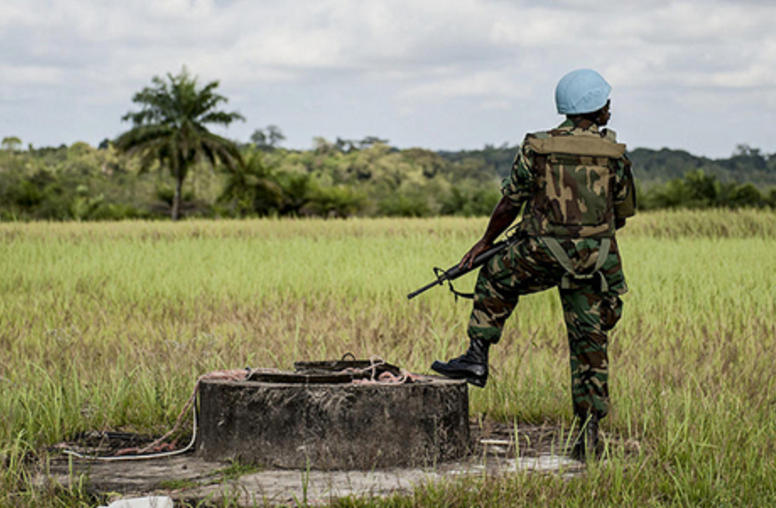
Africa Peacekeeping: Lessons from a Ghanaian Commander
For peacekeeping forces in Africa, the days of simply patrolling a ceasefire line or keeping local armies apart are over. Their assignments today increasingly include protecting civilians, confronting violent extremism and even engaging in what amounts to counter insurgency. These new burdens demand better preparation of troops headed for missions and clearer thinking by those who send them, Ghanaian Army Colonel Emanuel Kotia, a leading trainer of African peacekeepers, said at a U.S. Institute of Peace forum.
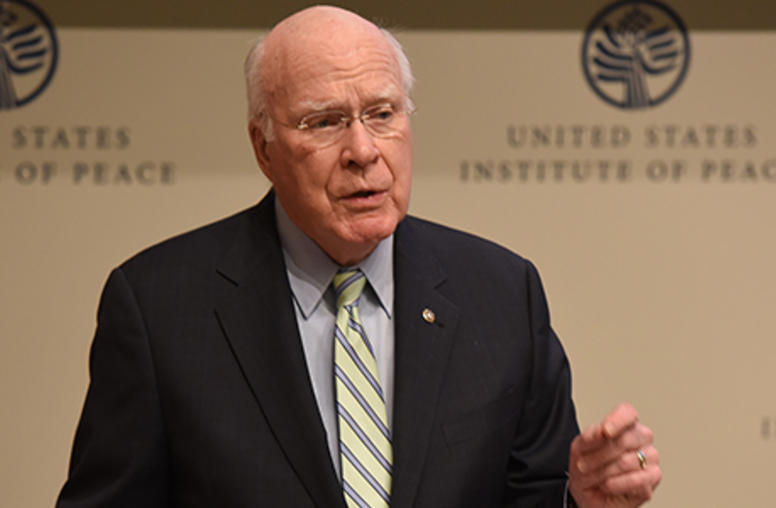
Aid Is Key to Reform Local Forces on Rights, Leahy Says
The goal of a law that for two decades has barred U.S. aid to security forces that violate human rights is to rehabilitate culpable units, not just punish them, the statute’s author, Senator Patrick Leahy, told an audience at USIP this week. The senator and administration officials who also spoke highlighted a new interagency policy that promotes reform by restoring assistance to partner governments once they have held perpetrators accountable and moved to guard against future abuse.
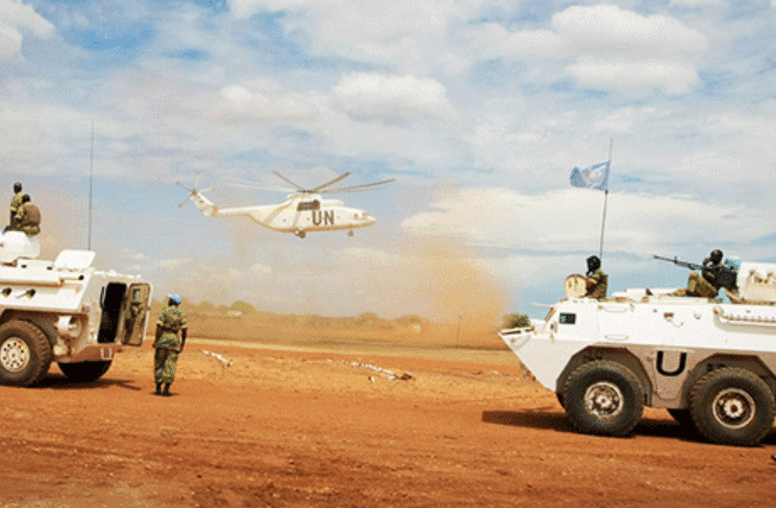
Saving U.N. Peacekeeping: High Stakes for the U.S.
As America and its allies confront a widened war in Syria, the refugee exodus to Europe, and terrorist violence in Paris, Beirut and Mali, we must treat the roots, not just symptoms, of these catastrophes. That will require an urgent repair of our world’s main tool for addressing violent conflict—the increasingly overwhelmed United Nations peacekeeping system.
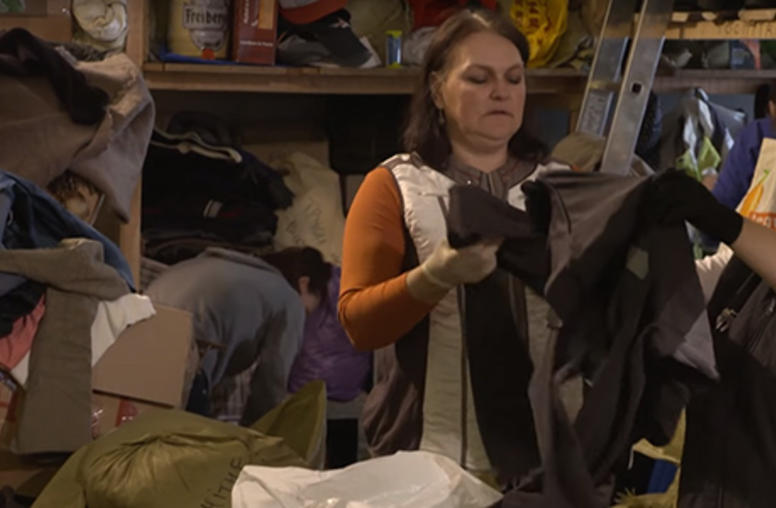
Europe’s Refugee Crisis Shows Ukraine’s Resilience
With Europe awash in more than a half-million refugees from Middle Eastern and other wars, it might be easy to overlook Ukraine’s response to its own population—nearly three times the size, at 1.5 million—displaced by the Russian-backed war in the east.
South Sudan’s Independence Day: No Cause for Celebration
South Sudan, the world’s youngest state, marks four years of independence on July 9. But many South Sudanese, who struggled for that statehood for decades, are finding nothing to celebrate. When they won independence in 2011, the 11 million South Sudanese hoped that their new nation would let them develop their land in peace. Instead, it has plunged into civil war.